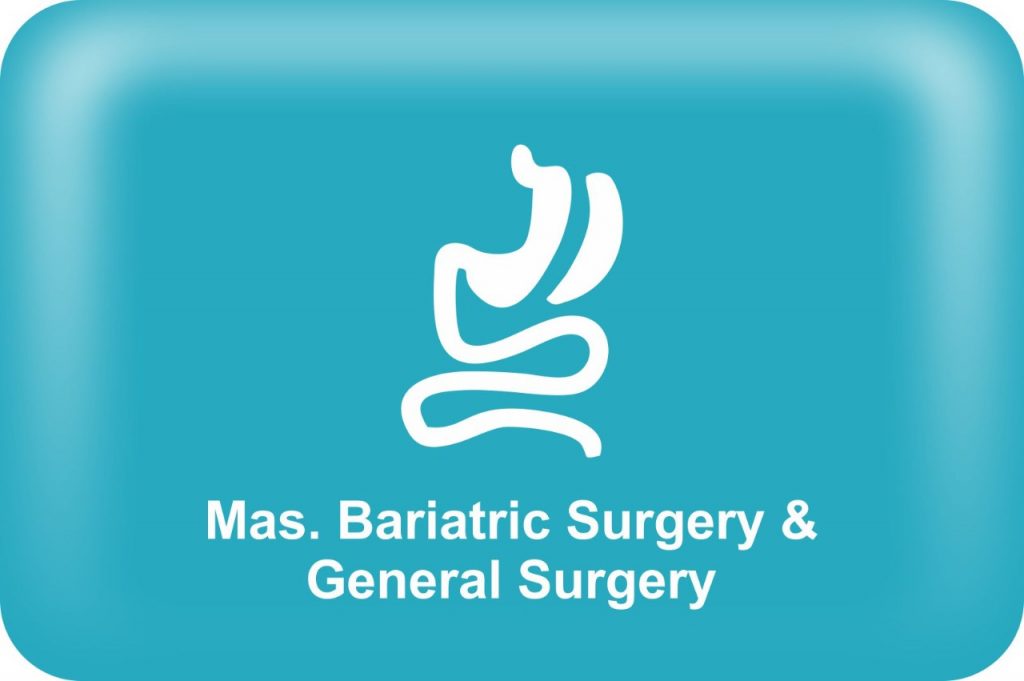Meditrina Hospital-Best Multispeciality Hospital in Nagpur | Best Critical Care
Meditrina Hospital-Best Multispeciality Hospital in Nagpur | Best Critical Care

At Meditrina Institute of Medical Sciences, Nagpur, we offer advanced care for Bariatric surgery is a specialized branch of surgery focused on weight loss and metabolic health. It’s designed for individuals with severe obesity who haven’t responded to diet, exercise, or medication. These procedures help reduce the size of the stomach or reroute the digestive tract to limit food intake and absorption.
General surgery covers a broad range of surgical procedures involving the abdomen, skin, soft tissues, and endocrine system. It includes both emergency and elective surgeries, often performed using traditional or minimally invasive techniques.
General surgeons often perform bariatric procedures and manage related complications, making bariatric surgery a subspecialty within general surgery.
At Meditrina Institute of Medical Sciences, Nagpur, the Bariatric and General Surgery Program is led by a team of experienced surgeons and gastroenterology faculty. The program is supported by an outstanding multidisciplinary group of medical professionals including psychiatrists, physician assistants, dietitians, nurse practitioners, and nurses.

Consultant General & Minimal Surgery
Gastric sleeve surgery involves the removal of a large portion of the stomach, leaving behind a sleeve-shaped pouch roughly the size of a banana. By reducing the stomach’s capacity, this procedure limits the amount of food a person can consume, leading to decreased calorie intake and weight loss. Additionally, the surgery alters gut hormones, which can help regulate hunger and improve blood sugar control.
Metabolic surgery uses minimally invasive techniques to alter the digestive system in ways that improve hormonal balance and metabolic function—not just reduce weight.
Gastric bypass surgery involves creating a small pouch at the top of the stomach and rerouting the small intestine to connect to this pouch. This bypasses a portion of the stomach and intestines, reducing the amount of food absorbed by the body. Additionally, gastric bypass surgery alters gut hormones, which can improve satiety and metabolic function.
Types of Procedures:
Gastric Bypass: Creates a small stomach pouch and reroutes the digestive tract to reduce calorie absorption.
Sleeve Gastrectomy: Removes a portion of the stomach, limiting food intake and affecting hunger hormones.
Adjustable gastric banding involves placing a silicone band around the upper part of the stomach, creating a small pouch that limits food intake. The band can be adjusted by adding or removing saline solution through a port placed under the skin, allowing for customized restriction of food intake.
Multidisciplinary Support: Reduces stomach size and reroutes digestion.
Removes part of the stomach to limit intake
Includes dietitians, psychiatrists, nurse practitioners, and post-op rehabilitation.
Duodenal switch surgery combines restrictive and malabsorptive components, involving the removal of a portion of the stomach and rerouting of the small intestine to reduce food absorption. This procedure leads to significant weight loss and can result in favorable changes in gut hormones and metabolic function.